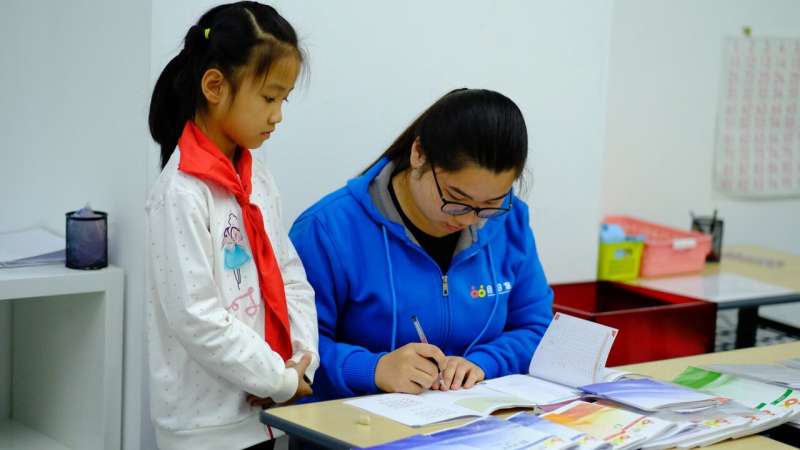This article has been reviewed according to Science X's editorial process and policies. Editors have highlighted the following attributes while ensuring the content's credibility:
fact-checked
trusted source
proofread
Students are missing more school, and school nurses may be well-positioned to help

School nurses are more than just health care heroes. They also play a key role in identifying students who are at risk for chronic absenteeism—a growing problem that diminishes academic success and can hurt students' health and lead to a variety of negative long-term life outcomes.
A recent study by a University of Missouri researcher has found that school nurses are often well-positioned to identify students at-risk for chronic school absenteeism. The finding could help schools implement assessments and interventions to ultimately better support students who are at risk for frequently missing school. The paper is published in The Journal of School Nursing.
A growing problem
Nearly 15 million students—roughly one-third of the U.S. student population—were chronically absent during the 2021-22 school year.
While a variety of factors contributed to the absences (family responsibilities, the need to work, academic struggles and food insecurity, etc.), the coronavirus pandemic, which was happening at the time, widened societal inequities that already existed. For example, nearly 70% of high-poverty schools experienced chronic absenteeism in 2021-22, up from 25% before the pandemic. Additionally, students with a lack of family support were much less likely to return to school even after many pandemic-related restrictions were lifted.
Previous research has shown that students who miss a lot of school are far more likely to have academic and behavioral challenges, struggle with reading, drop out of school altogether, commit crime and have worse career outcomes. But an MU researcher is ready to provide suggestions and reduce these effects.
Identifying those at risk
Knoo Lee, an assistant professor in the MU Sinclair School of Nursing, previously identified the most common factors linked with chronic school absenteeism. He's now building on that research to explore the impact of partial day absences and how school nurses are a key touchpoint in identify students at risk for frequently missing school.
In Lee's recent study, he learned that students who have many partial-day absences often proactively seek out school nurses as a source of comfort and support—presenting an opportunity for school nurses to intervene and provide support before the absenteeism becomes chronic.
Some scenarios school nurses provided in the study include:
- A student goes to the nurse's office at the same time on the same day each week. The school nurse quickly learned the student struggled with math—the class that conveniently was taking place each week during his visit.
- A school nurse provided cereal to students who were struggling with hunger and food insecurity. The students would proactively stop by the nurse's office each morning to receive a meal they were not getting at home, even if it meant having to miss part of the first class of the day.
- A student consistently came to school exhausted and visited the nurse's office to lie down and sleep for part of the day. The nurse learned the student had to work long hours each night to help support their family.
"These examples provide clues about bigger picture risk-factors related to the individual, their family and broader environment," Lee said. "What is interesting is school nurses are often the first to become aware, because students often seek them out as a source of comfort and support."
A seat at the table
Going forward, when key stakeholders discuss chronic school absenteeism, Lee hopes that school nurses can be included in these discussions to share their valuable perspective in identifying at-risk youth.
"What we don't want is those partial-day absences to turn into full-day absences, because by the time students stop going to school altogether, it might be too late to help," Lee said. "Identifying the early warning signs is key, so hopefully the key takeaway of this work is school nurses are often well-positioned to try to help stakeholders who are discussing possible interventions, whether that is school administrators, state legislators, social workers, school principals and teachers."
More information: Knoo Lee et al, School Nurses and Chronic Absenteeism in Schools: A Qualitative Study on Experiences, Perspectives, and Roles, The Journal of School Nursing (2023). DOI: 10.1177/10598405231210959
Provided by University of Missouri





















